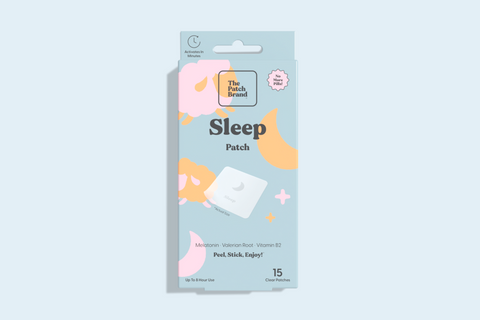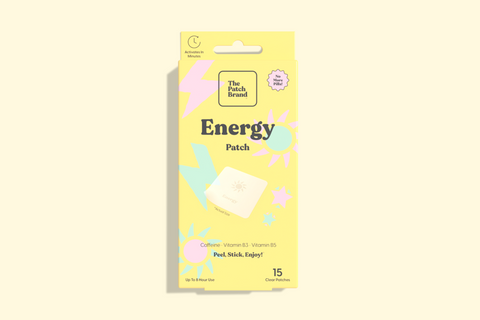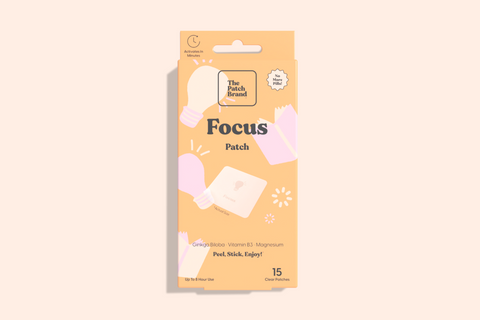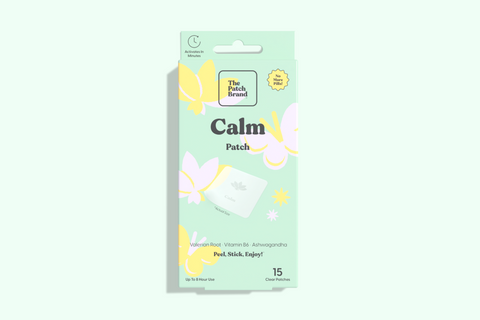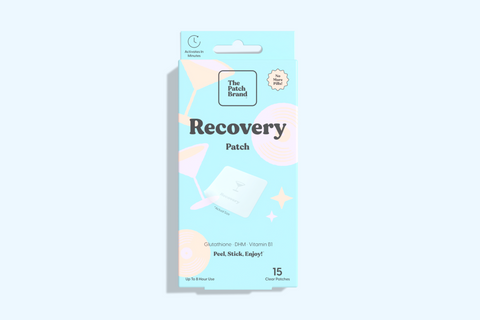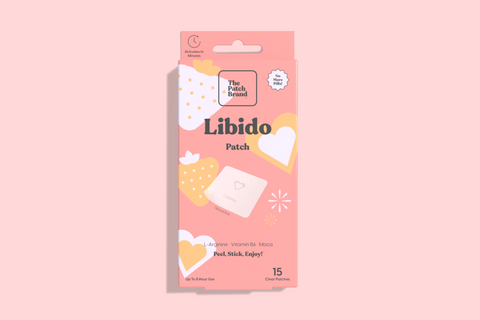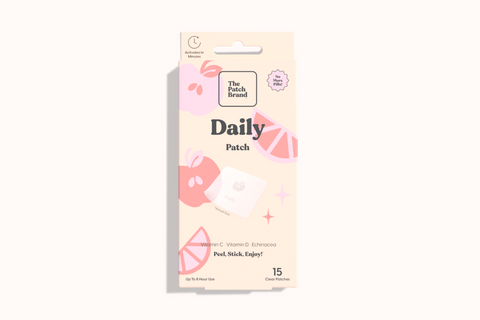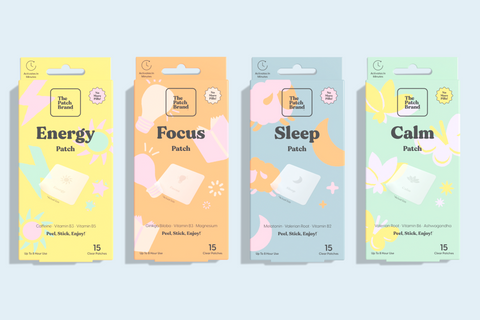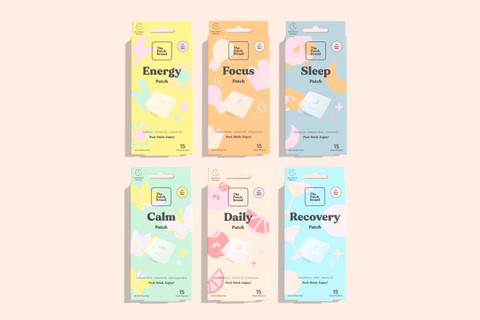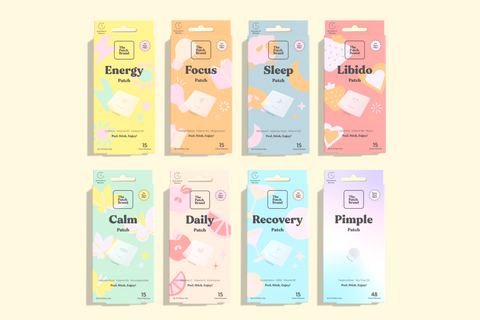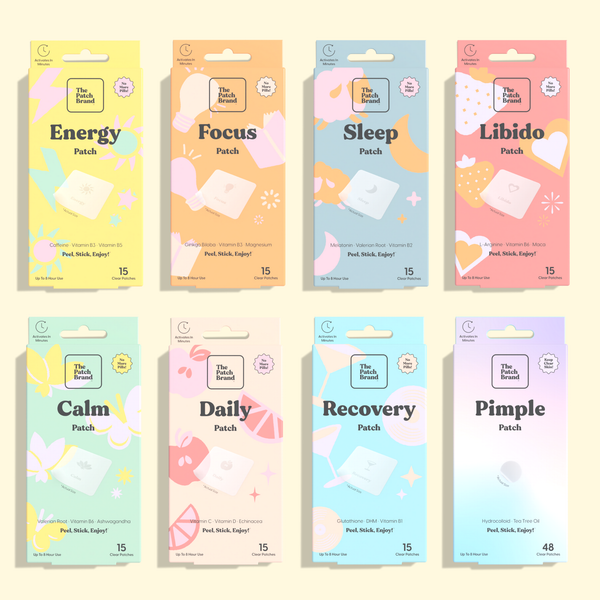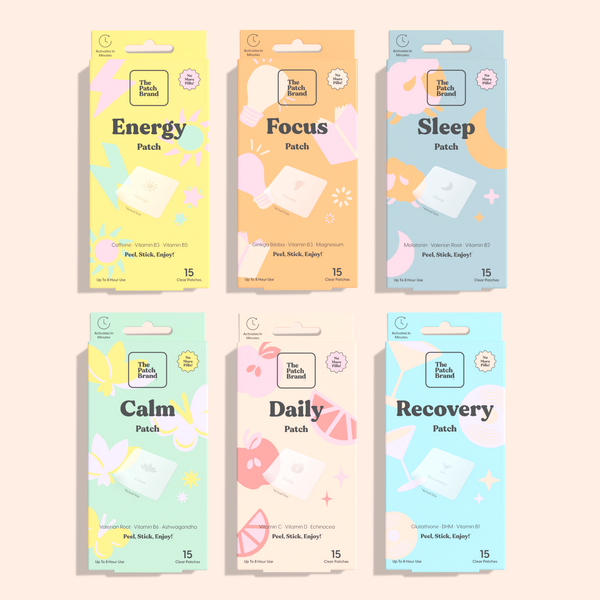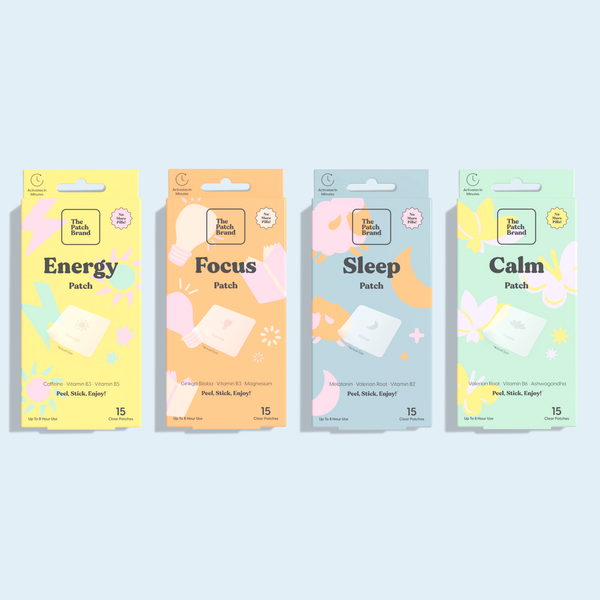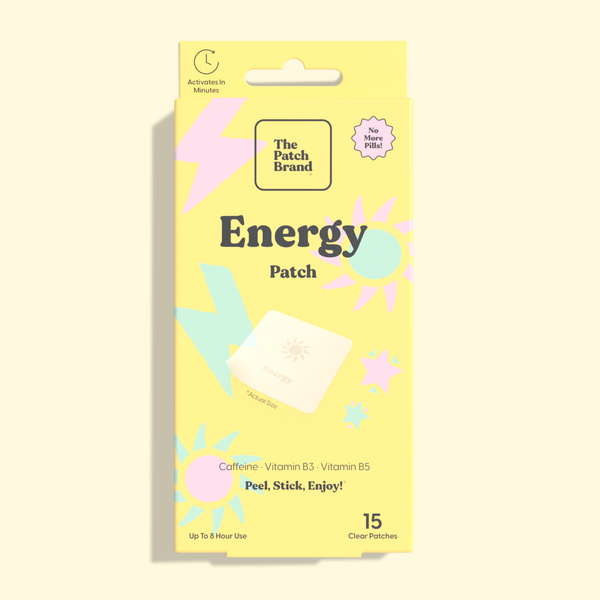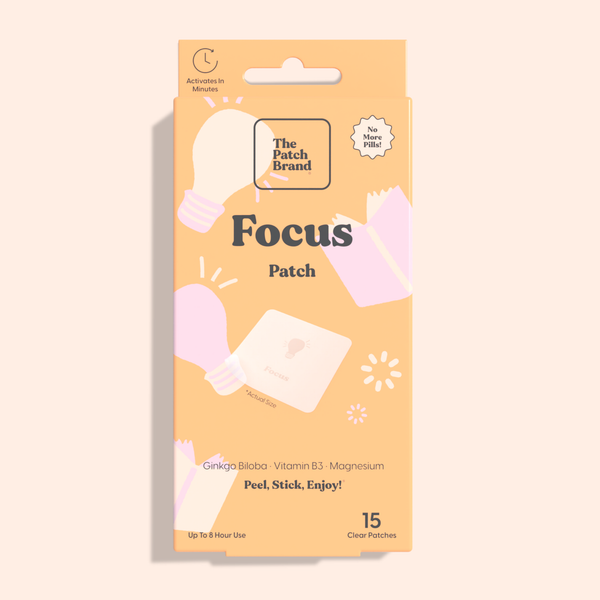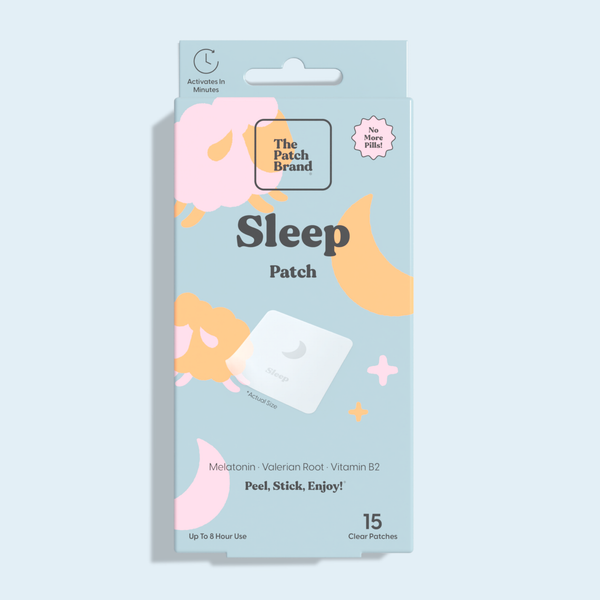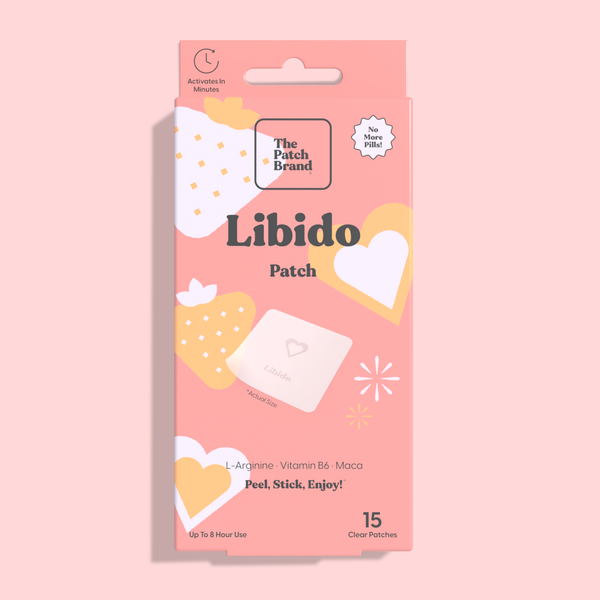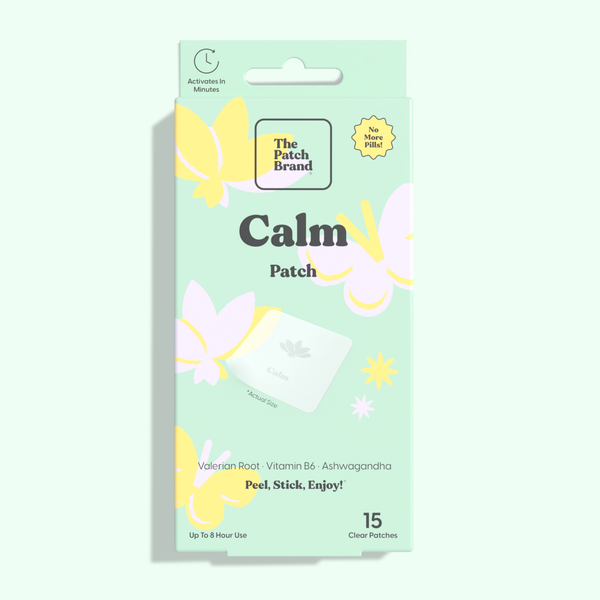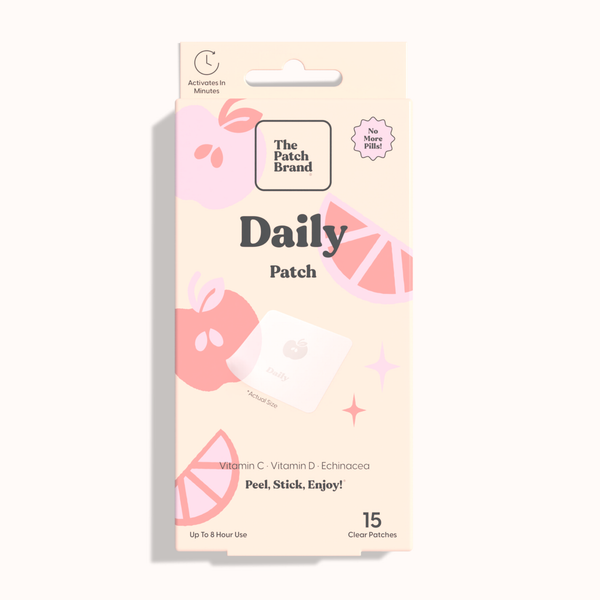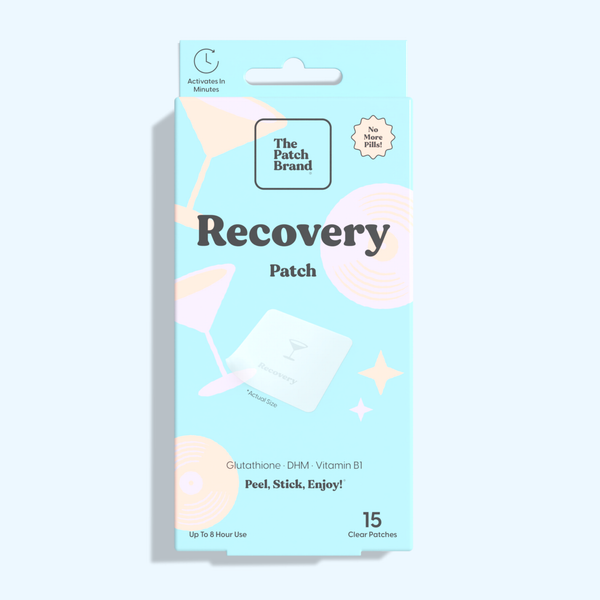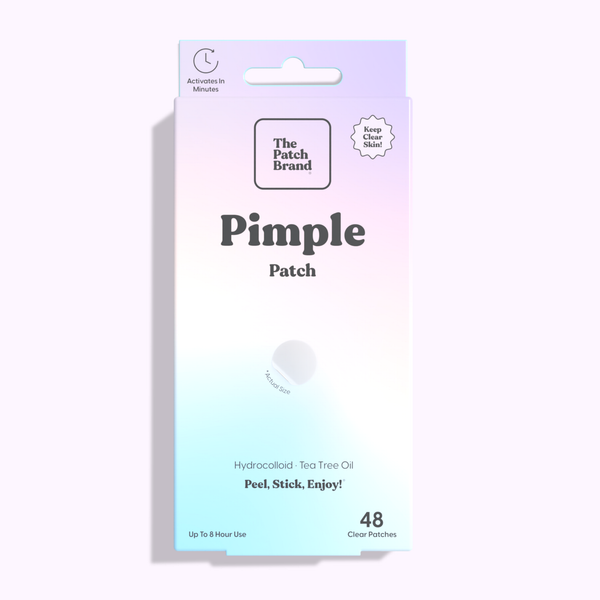Feeling stressed and anxious is a common experience for many people. Whether it's work, relationships, or personal issues, stress and anxiety can be overwhelming and have negative impacts on our health. While prescription medication is often used to treat these conditions, there are natural remedies that are worth exploring including a vitamin for stress and anxiety. In this blog post, we'll cover various natural remedies that can help reduce stress and anxiety levels.

Lifestyle Changes
Exercise
Exercise is a natural remedy for stress that releases endorphins, which are "feel-good" chemicals that can improve our mood. Exercise can also help reduce muscle tension and increase relaxation, leading to a decrease in stress levels. Regular exercise can improve overall physical health, which in turn can improve mental health. Any form of exercise, whether it's a daily walk or a high-intensity workout, can be effective in reducing anxiety and stress levels.
Sleep
Getting enough sleep is crucial for our mental and physical health. Lack of sleep can increase stress levels and worsen anxiety. During sleep, the body has the chance to restore and repair, which can reduce stress levels and improve overall mood. Establishing a regular sleep schedule, creating a comfortable sleep environment, and avoiding electronic devices before bedtime can promote better sleep. Getting enough restful sleep can be an effective
natural remedy for anxiety, leading to
improved overall well-being.
Diet
Maintaining a balanced diet is a natural approach to alleviating stress and anxiety. The types of foods you consume can significantly influence your mood and stress levels. By choosing the right nutrients and avoiding harmful substances, you can effectively manage stress through dietary choices. Here's how specific foods influence your mood:
-
Incorporate Nutritious Foods: A diet rich in fruits, vegetables, whole grains, and lean proteins provides essential nutrients that contribute to lower stress levels. These foods are loaded with antioxidants and phytonutrients that help combat oxidative stress, which can exacerbate anxiety and mental fatigue. By integrating a variety of colorful fruits and vegetables, such as berries, leafy greens, and carrots, you ensure a rich intake of vitamins and minerals. Whole grains like oats and quinoa are excellent sources of complex carbohydrates that help maintain a consistent blood sugar level, preventing mood swings. Lean proteins, including chicken, turkey, and legumes, are crucial for the synthesis of neurotransmitters like serotonin, which promotes a sense of well-being.
-
Avoid Certain Foods: Sugary foods cause spikes in blood sugar, leading to rapid fluctuations that can trigger stress responses in the body. Overconsumption of caffeine, found in coffee, certain teas, and energy drinks, can lead to increased heart rate and agitation, exacerbating feelings of anxiety. Minimizing these foods can stabilize your mood and reduce the physical symptoms of stress, like jitteriness and insomnia.
-
Essential Nutrients:
-
Magnesium: This mineral, found abundantly in leafy greens, nuts, and seeds, plays a crucial role in muscle relaxation and nervous system regulation. Adequate magnesium intake helps prevent the overstimulation of nerve cells, which can lead to excessive stress. It also aids in the synthesis of serotonin, contributing to an overall calm and balanced mood.
-
Omega-3 Fatty Acids: Essential fatty acids, particularly omega-3s found in fatty fish like salmon, mackerel, and sardines, as well as in flaxseeds and walnuts, are vital for cognitive function and mental health. They reduce inflammation in the brain, which is often linked to anxiety and depression. Regular consumption of omega-3 fatty acids can help smooth out mood swings and promote a more stable emotional state.
-
Vitamin B: B vitamins, especially B6, B12, and folate, found in foods like whole grains, meats, and eggs, are integral to the production and regulation of neurotransmitters that control mood and energy levels. These vitamins help in managing stress by improving brain function, and energy production, and reducing symptoms associated with depression and anxiety.
By focusing on these dietary choices, you can enhance your physical health, which in turn leads to better mental health. Improved physical condition supports brain function, reduces stress, and enhances overall mood stability, making dietary management a key component in the fight against stress and anxiety.
Herbs and Supplements
Chamomile
Chamomile is an herb that has been used for centuries as a natural remedy for stress and anxiety. Chamomile contains compounds that can promote relaxation and reduce anxiety levels. Chamomile can be consumed as a tea or taken as a supplement. It's a safe and effective natural remedy for stress and anxiety, with minimal side effects. Chamomile tea is a popular way to consume this herb, but it can also be taken as a supplement in capsule or liquid form, making it an easy addition to any natural stress and anxiety relief routine.
Lavender
It is a stress reliever and can promote relaxation. It can be used as an essential oil or taken as a supplement. Lavender can be utilized in several other forms to promote relaxation and alleviate stress. When added to bathwater, lavender essential oil creates a relaxing spa-like experience, with the warm water aiding in the dispersion of the oil's aromatic molecules, enhancing their inhalation and absorption through the skin. Additionally, lavender oil can be applied topically as part of a massage oil blend.
Valerian root
For centuries, Valerian root has been used as a herbal remedy to alleviate stress and anxiety by inducing relaxation. This root is thought to elevate the brain's GABA levels, which aid in relaxation and lowering anxiety levels. You can consume Valerian root as a tea or supplement, and it is regarded as a safe and effective natural solution for stress and anxiety with minimal side effects. Adding Valerian root to your natural stress and anxiety relief routine can be beneficial.
Essential Oils
Essential oils are highly concentrated plant extracts derived through distillation or mechanical pressing of various parts of a plant, including leaves, flowers, bark, and roots. These oils capture the plant's scent and flavor, or "essence." Unique aromatic compounds give each essential oil its characteristic essence. They are used in aromatherapy, a form of alternative medicine that uses these aromatic compounds to support health and well-being. The practice involves inhaling the aroma from these oils or applying them to the skin in a diluted form to promote physical and emotional health.
Bergamot
Bergamot oil, derived from the rind of the Citrus bergamia fruit, is a highly valued essential oil in aromatherapy, known for its ability to alleviate stress and anxiety. This oil's unique composition includes active compounds like limonene, linalool, and bergapten, which interact synergistically to produce a calming effect. When inhaled, these compounds stimulate the olfactory system, sending signals directly to the brain's limbic system, which is responsible for emotions and memory. This process can help moderate the stress response by reducing the secretion of cortisol, the body's primary stress hormone.

Stress Relief Patches
A
stress relief patch is a relatively new addition to natural remedies for stress and anxiety. They can be applied to the skin, allowing the nutrients to enter the bloodstream and promote relaxation. The patches can be left on for up to 24 hours, providing long-lasting stress relief.
Stress relief patches may contain herbs like lavender and chamomile, as well as vitamins B12 and magnesium, which are known for their calming properties.
Stress relief vitamin patches are easy to use, discreet, and can be an effective addition to any natural stress routine.
Anxiety Relief Patch
Anxiety-relieving patches are similar to stress-relieving patches but are specifically designed to target anxiety symptoms. These patches may contain a blend of herbs and vitamins, such as passionflower, L-theanine, and vitamin B6, which are known to help reduce anxiety levels. They work in the same way as stress-relieving patches by gradually releasing nutrients into the bloodstream through the skin. The patches can be left on for up to 24 hours, providing continuous anxiety relief. These patches are easy to use, discreet, and can be a natural addition to any anxiety relief routine. However, it's important to note that they are not intended to replace professional medical treatment for anxiety disorders.
Mindfulness and Relaxation Techniques
Meditation
Meditation is a mindfulness technique that involves focusing on the present moment and clearing the mind. It has been shown to reduce stress and anxiety levels. Meditation works by promoting relaxation, reducing muscle tension, and increasing feelings of well-being. There are various types of meditation, including guided meditation, breath awareness, and body scan meditation. Regular meditation practice can be an effective natural remedy for stress and anxiety. Adding meditation to your daily routine can be beneficial in reducing stress and anxiety levels, leading to improved overall well-being.
Yoga
Stretching and breathing exercises are part of the physical and conscious practice of yoga. The physical practice of yoga can help reduce muscle tension, while the mindfulness aspect promotes mental relaxation. There are many types of yoga, including Hatha, Vinyasa, and Restorative, which can be tailored to individual preferences and physical abilities. Regular yoga practice can be an effective natural remedy for stress and anxiety, leading to improved overall mental and physical health.
Deep Breathing
Deep breathing serves as a simple yet profound method to manage stress and promote overall health. This technique draws on the body's innate ability to relax and recalibrate in the face of stressors. Understanding and practicing various deep breathing methods can enhance your ability to maintain calm and resilience in everyday life. Here are some methods you can try:
-
Basic Technique: Start by sitting or lying in a comfortable position, relaxing your shoulders, and closing your eyes. Inhale slowly and deeply through your nose, feeling your chest and lower belly rise as you fill your lungs with air. Hold your breath momentarily, then exhale slowly through your mouth, ensuring that the exhale is longer than the inhale. With this technique, you may increase attention, lower anxiety, and control blood pressure by clearing your thoughts and filling your body with oxygen.
-
Diaphragmatic Breathing: This technique emphasizes the use of the diaphragm, a major muscle in the respiratory system. To practice diaphragmatic breathing, lie on your back with your knees slightly bent, placing one hand on your upper chest and the other just below your rib cage. Breathe in slowly through your nose so that your stomach moves against your hand. The hand on your chest should remain as still as possible. Then, tighten your stomach muscles and let them fall inward as you exhale through pursed lips. Diaphragmatic breathing is particularly effective for managing episodes of acute stress and improving the body's core muscle stability.
-
Box Breathing: Box breathing, or square breathing, is a technique that can be particularly useful during stressful moments or for those seeking to improve concentration and performance. To practice, breathe in counting to four slowly, feeling the air enter your lungs. Hold your breath for another count of four, then slowly exhale to the same count of four. Conclude by holding your breath again for four seconds before inhaling once more. This method not only helps to increase lung capacity but also aids in mental clarity and emotional regulation. It is often used by athletes, military personnel, and others who require steady nerves and sharp focus.
Integrating these deep breathing techniques into your daily routine can significantly improve your psychological and physiological health. By dedicating a few minutes each day to this practice, you can enhance your resilience to stress, improve your mental clarity, and boost your overall well-being. Whether you are seeking a method to calm down in a stressful moment or a strategy to maintain a peaceful state throughout your day, deep breathing is a valuable tool.

Stress and anxiety are common experiences that can have negative impacts on our health. While prescription medication is often used to treat these conditions,
anxiety relievers are worth exploring. Lifestyle changes, herbs, and supplements, essential oils,
stress-relieving patches, and mindfulness and relaxation techniques can all help reduce stress and anxiety levels. However, it's important to remember that everyone's experience with stress and anxiety is unique, and what works for one person may not work for another. If you're experiencing severe or persistent stress and anxiety symptoms, it's important to seek professional help.



